Consortium
The Consortium is composed of 6 partners whose expertise is complementary with respect to the project requirements.
Coordinator
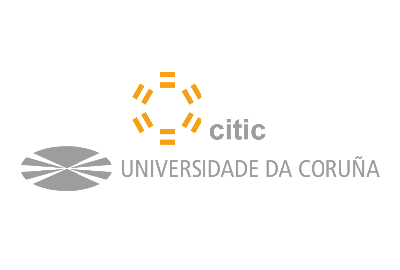
The participants from this university belong to the GII and the LIDIA groups at the CITIC research center of the University of A Coruña (UDC) in Spain. The team involved in this project has mainly focused during the last twenty years on the different problems of Cognitive and Intelligent robotics, as well as on the applications of Machine Learning, from a multidisciplinary point of view. The group also has the capacity to build robots and adapt them, designing both the morphology and the control and cognition.
Participants (6)
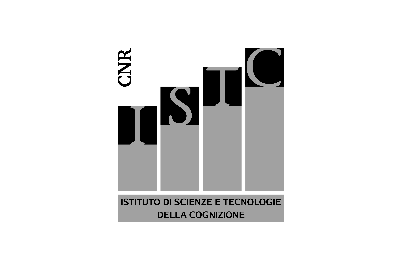
The Institute of Cognitive Sciences and Technologies (ISTC) of the Italian National Council of Research (CNR) is a highly interdisciplinary institute, featuring integration among laboratories and research topics spanning from cognitive sciences and neuroscience to cognitive robotics, autonomous robotics and machine learning. Within PILLAR-Robots, ISTC-CNR will provide an international-level expertise on learning and motivational processes.
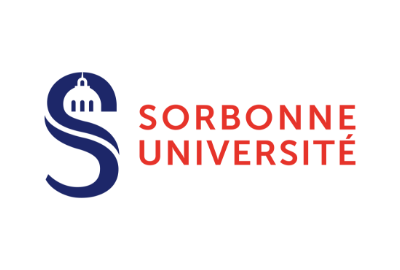
Sorbonne University is a multidisciplinary and research-intensive university structured in three faculties: humanities, medicine and science. The Institute for Intelligent Systems and Robotics (ISIR) is Sorbonne University robotics lab. Research at ISIR covers most robotics topics from the mechanical design to control, signal processing and cognitive abilities and are organised around two axes: autonomy and interaction with humans through multimodal channels.
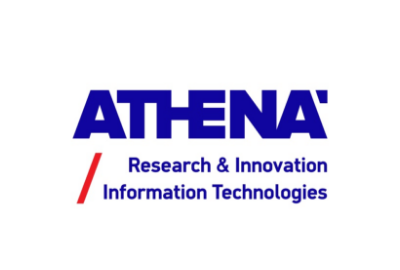
The Athena Research and Innovation Center in Information, Communication and Knowledge Technologies was founded in 2001 and is based in Athens. The Robotics Unit is a research unit which performs research on multimodal Robot Perception & Interaction, at the intersection of robotics, computer vision & speech, and machine/deep learning. It has developed technologies in Robotics and AI, as well as efficient autonomous systems to support HRI and collaboration for edutainment and healthcare.
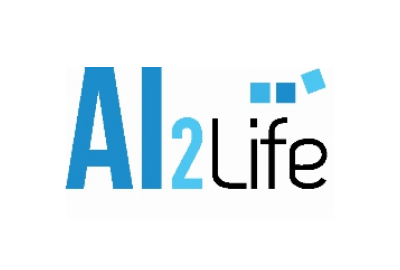
AI2Life Srl, an ISTC-CNR spinoff company, aims to support digital transformation, industrial stakeholders’ competitiveness, and societal and environmental well-being by designing, prototyping, engineering, producing, and commercializing ground-breaking Human-centered Artificial Intelligence solutions. In the PILLAR-Robots project, AI2Life will lead the development of specialized applications of purposeful robots operating in fruits and vegetables post-harvesting activities.
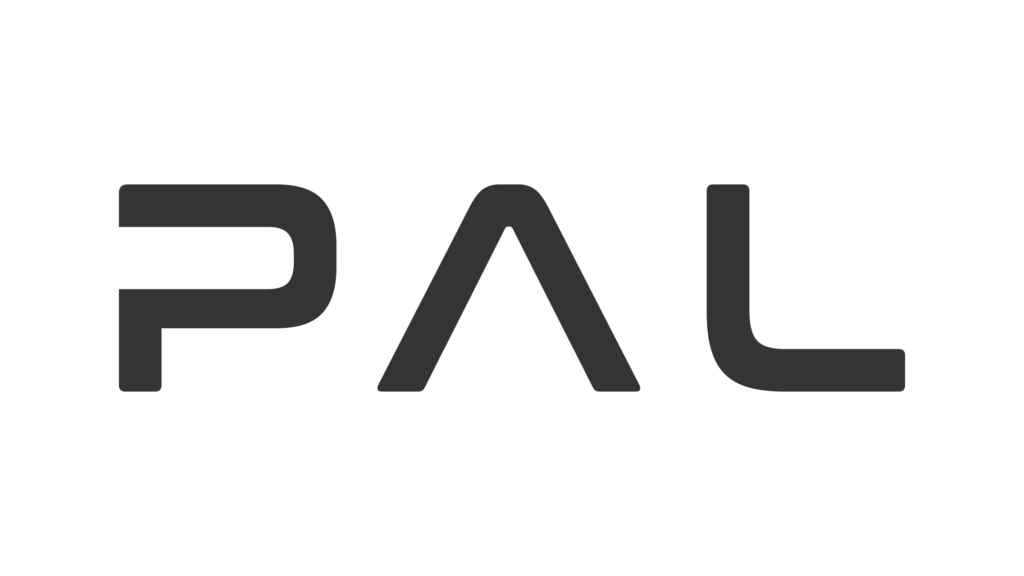
Since 2004, PAL Robotics has developed state-of-the-art service robots specially designed to solve customers’ needs. We design and manufacture highly integrated and reliable solutions for research institutions and service industries worldwide, and have been involved in numerous projects in the public and private sector, including more than 25 EU-funded projects. Within PILLAR-Robots, PAL Robotics’ main role is validation and testing of software and hardware.
Coordinator

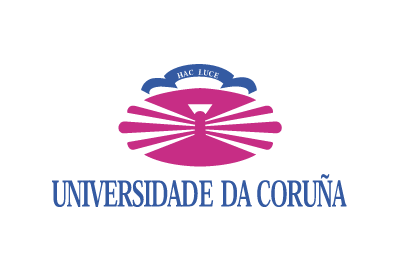
Richard J. Duro
Professor | University of A Coruña
Role in the project: Project’s coordinator
Richard J. Duro is a Full Professor of Computer Science and Artificial Intelligence at the University of Coruña in Spain and the Coordinator of the Integrated Group for Engineering Research at this university since 1999. His teaching and research interests are in intelligent systems and autonomous robotics and his current work concentrates on motivational systems and developmental cognitive robotic architectures. He is now involved in several projects related to autonomous robotics including the PILLAR-Robots Horizon project, which he coordinates.
Our team


Thomas Peyrucain
Technical Collaborative Project & Robotics Engineer | PAL Robotics
Role in the project: Technical coordination and support for software integration on the TIAGo robot
In 2020, Thomas obtained a dual degree in Mechatronics at ESIGELEC Engineering School (Rouen, France) and a Master in Robotics at Cranfield University (Cranfield, England). In 2021 he joined PAL Robotics as a Robotics Engineer, focusing on technical developments especially for the range of EU projects that PAL Robotics is involved in.
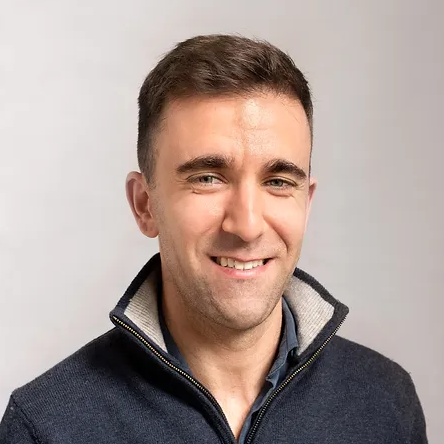

Marco Rosa
Senior Project Manager | PAL Robotics
Role in the project: Leader of WP11 – Exploitation & Dissemination
I’m responsible of different EU collaborative & research projects at PAL, where I also contribute to the company development. Before joining PAL, I lived in Brussels for over ten years, working at euRobotics, the European Association for all robotics stakeholders, where I was in charge of strategic collaborative projects for the establishment of a strong EU robotics community. I also supported the implementation of the SPARC PPP between the European Commission and euRobotics.


Panagiotis Filntisis
PostDoctoral Researcher | Athena Research and Innovation Center
Role in the project: Perception & Grounding
Panagiotis earned his PhD at the National Technical University of Athens, focusing on multimodal deep learning in affective computing. He is now a PostDoctoral researcher at the Athena Research and Innovation Center, specializing in the intersection of computer vision and audio processing for human-robot interaction and affective computing. His recent work includes projects on body emotion recognition and 3D facial expression reconstruction.



George Retsinas
PostDoctoral Researcher | Athena Research and Innovation Center
Role in the project: Perception & Grounding
In 2021, George Retsinas embarked on a postdoctoral journey at the Athena Research Center, in collaboration with the National Technical University of Athens. His research primarily focuses on the integration of computer vision applications within robotics, emphasizing the development of task-aware deep learning optimization strategies to enhance the field’s technological advancements.


Niki Efthymiou
PostDoctoral Researcher | Athena Research and Innovation Center
Role in the project: Human-robot interaction, emotion, action recognition
I am a PostDoctoral researcher at the Institute of Robotics at Athena Research and Innovation Center and also affiliated with National Technical University of Athens. I received my Diploma M.Eng. degree in Applied Mathematical and Physical Science and my Master degree in Computational Mechanics and PhD from National Technical University of Athens, Greece. My PhD thesis is focused on automated perception and learning systems for human activity recognition. My research interests lie in the fields of automatic perception of human activities, recognition of daily patterns in healthcare and robotic applications.


Francesco Mattioli
Software Engineer and IT Manager | AI2Life
Role in the project: Robotic Software Engineer
I’m a developer with a passion for robotics and AI. I whip up lines of code that bring smiles, profit, and occasionally catastrophic incidents.


Flora Giocondo
Doctor | AI2Life
Role in the project: Stakeholder engagement
Flora Giocondo received a Bachelor’s degree in applied psychological sciences in 2016 from Università dell’aquila. She also received a Master’s degree in Cognitive neurosciences and psychological rehabilitation cum laude in 2018 from Università la Sapienza. 2014-2015: Internship at UNIVERSITÀ DEGLI STUDI DELL’AQUILA. 2018: Internship at FONDAZIONE SANTA LUCIA- IRCCS. 2019-2020: Internship at ISTITUTO DI SCIENZE E TECNOLOGIE DELLA COGNIZIONE – CNR. 2020-2023: Research fellow at ISTITUTO DI SCIENZE E TECNOLOGIE DELLA COGNIZIONE. 2023-Today: Permanent employment at AI2Life.
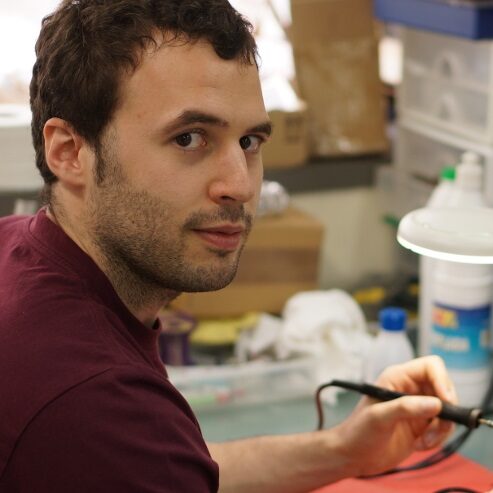

Martin Naya Varela
Post Doctoral Researcher | University of A Coruña
Role in the project: Researcher in the edutainment scenario (WP8)
Martin Naya Varela received a B.S. in Industrial Engineering from the University of A Coruña in 2013 and a Ph.D. in 2021 from the same university. He is currently a postdoc at the Integrated Group for Engineering Research, in the CITIC Research Center at the University of A Coruña, Spain. His research interests include educational robotics and AI fields, such as developmental robotics, embodied cognition and evolutionary algorithms.


Alejandro Romero Montero
Post Doctoral Researcher | University of A Coruña
Role in the project: Researcher in WP3, WP5, and WP8
Holding a Bachelor’s in Industrial Electronics and Automation and a Master’s in Industrial Engineering from Universidade da Coruña, Spain, I specialized in open-ended learning, motivational systems, and autonomous robotics during my doctoral studies. Supported by an FPU grant and involved in the DREAM European Project, my research culminated in defending my thesis “e-MDB: A cognitive architecture for lifelong open-ended learning autonomy in robotic systems” in 2022. I’ve also conducted research at ISIR, Sorbonne University, ISTC in Rome, and IIS at the University of Innsbruck.


Amparo Alonso-Betanzos
Professor | University of A Coruña
Role in the project: Researcher in WP5
A Computer Science and Artificial Intelligence professor at the Universidade da Coruña (UDC) and its CITIC center, she focuses on Scalable Machine Learning and Reliable, Explainable AI. With a postdoc from the Medical College of Georgia, USA, she’s published over 200 articles and contributed to 30+ research projects. She led the Spanish AI Association (2013-2021), contributed to Spain’s AI Strategy, and serves on several AI and ethics boards since 2020. An academician of the Royal Academy of Spain and senior member of IEEE and ACM, she’s received numerous awards, including the Helena Rubinstein-UNESCO “Women in Science” in Spain (1998) and multiple Galicia TIC Awards.


Francisco Bellas
Professor | University of A Coruña
Role in the project: Coordinator of the WP8
Over the past decade, my interdisciplinary research has focused on cognitive robotics and AI education within the UDC’s Integrated Group for Engineering Research. Key achievements include leading the European CARAMBA project, applying cognitive systems to industrial robotics. Since 2016, I’ve also spearheaded AI education, founding spin-off MINT SL to market the Robobo educational robot, leading to significant projects and international recognition. Additionally, I’ve developed a new research line on pre-university AI education, highlighted by coordinating the European Erasmus+ project “AI+” and securing substantial funding for further research, demonstrating significant social impact and interdisciplinary integration of AI, programming, robotics, and education.
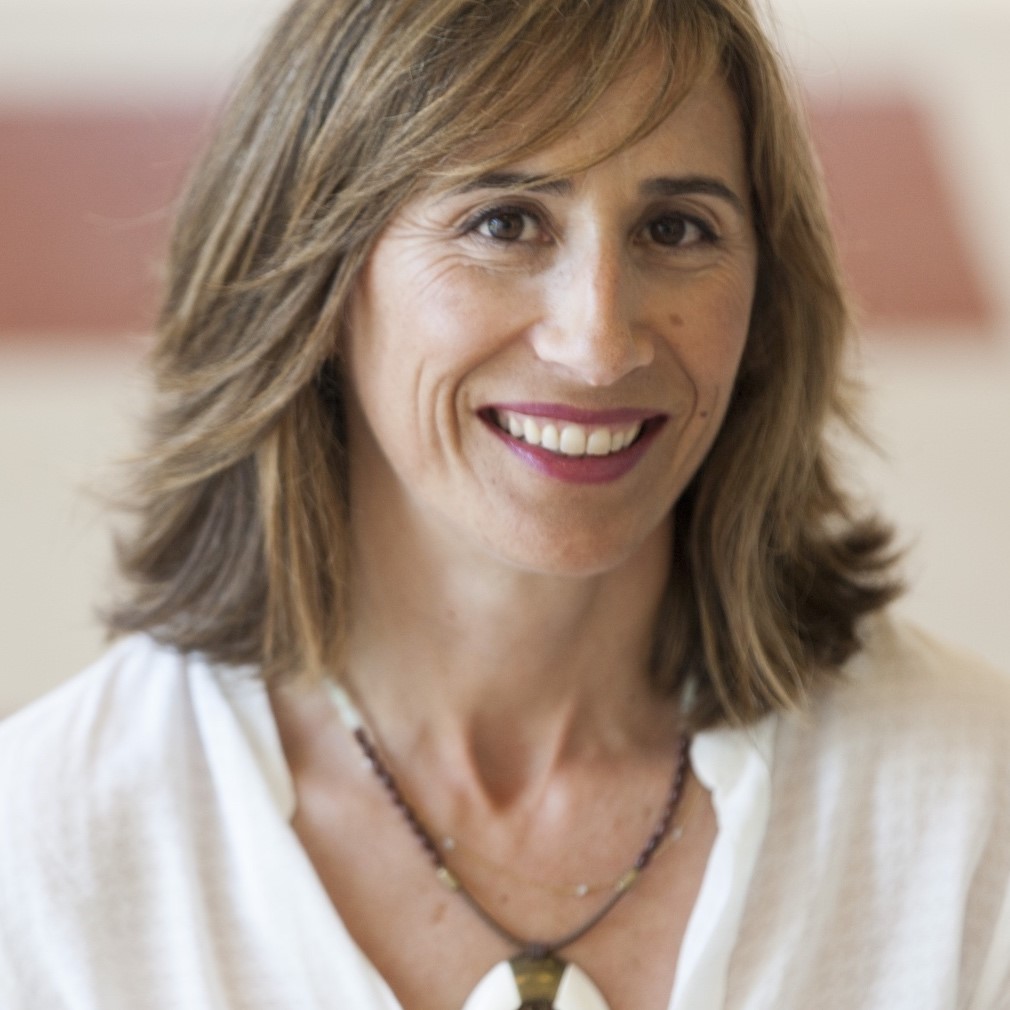

Bertha Guijarro-Berdiñas
Tenure Associate Profesor | University of A Coruña
Role in the project: Team member in WP3 and WP5
Bertha Guijarro-Berdiñas received the Ph.D. in Computer Science in 1998 from University of A Coruña (Spain). She is currently Tenure Professor at the Faculty of Informatics of this University and member of its Laboratory of R&D in Artificial Intelligence (LIDIA-UDC) and the Center for Research in Information and Communication Technologies (CITIC- http://citic-research.org/). Her main research interests are in both applied and theoretical aspects of machine learning (large scale learning, online learning, distributed and federated learning, efficiency, Green AI, Frugal AI), knowledge-based systems and agent-based modeling. She has participated in more than 30 research projects funded by European, national and regional agencies, as well as in several agreements with companies; she has registered a system for fetal monitoring and diagnosis, and has co-authored more than 100 publications in books, international journals and conferences in the field of Artificial Intelligence.


José Antonio Becerra Permuy
Tenure Associate Profesor | University of A Coruña
Role in the project: Coordinator of the WP5
José Antonio Becerra Permuy received his Ph.D. in Computer Science in 2003 from the University of A Coruña (Spain), where his thesis focused on an incremental neuroevolutionary architecture for autonomous robots. After a period of combining research at the university with work in private companies, where he engaged in both R&D and computer security tasks, he is currently a tenure associate professor in the Department of Computer Science and Information Technologies at the same university. He is also a member of CITIC, where his research continues to focus on cognitive architectures for robots and evolutionary computation, emphasizing a bio-inspired and developmental approach.


Stephane Doncieux
Professor in Computer Science | Sorbonne University
Role in the project: Principal Investigator
Stephane Doncieux is Professor in Computer Science at ISIR (Institute of Intelligent Systems and Robotics), Sorbonne University, CNRS, in Paris, France. He is director of the ISIR, a multidisciplinary robotics laboratory with researchers in mechatronics, signal processing computer science and neuroscience. His research is in cognitive robotics, with a focus on learning and adaptation with a developmental approach. He focuses in particular on Evolutionary Algorithms called Quality-Diversity algorithms that aim at generating behaviors that are numerous, diverse and efficient. He applies it to the acquisition of object grasping skills. He was coordinator of the DREAM FET H2020 project and is currently involved in several European projects (Learn2Grasp, PILLAR=, euROBIN).


Olivier Sigaud
Professor in Computer Science | Sorbonne University
Olivier Sigaud is professor in Computer Science at Sorbonne Université. He is centrally interested in deep reinforcement learning and more generally in the use of machine learning techniques for modelling animal decision making, human motor control and for building developmental
robotics and AI agents. He also holds a PhD in philosophy since 2004. He has coordinated the french MACSi project, and was involved in the CODYCO, DREAM and PILLAR-Robots EU projects.


Laure Soulier
Associate Professor in Comupter Science | Sorbonne University
Laure Soulier is Associate Professor in Comupter Science at Sorbonne University. She is interested in deep learning techniques with a particular focus on the design of language models for natural language processing (NLP) and information retrieval (IR). Her research mainly focuses on text generation, conversational search, and retrieval models. She recently started to investigate how to leverage language models for robotics application. She is involved in three research national and international projects (ANR ACDC, ANR GUIDANCE, and PILLAR) and has coordinated a research project on conversational search (ANR JCJC SESAMS).


Nicolas Perrin-Gilbert
Researcher | Sorbonne University
Nicolas Perrin-Gilbert obtained his Ph.D. in computer systems from Toulouse INP, France, in 2011. From 2008 to 2011, he was as a visiting PhD student at CNRS-AIST JRL in Tsukuba, Japan, where his research focused on locomotion planning and control using the HRP-2 robot. From 2011 to 2013, he held a postdoctoral position at the Italian Institute of Technology in Genoa, Italy, where he conducted research on balance control with the humanoid robot COMAN. Since 2013, he has been a permanent CNRS researcher affiliated with the Institute of Intelligent Systems and Robotics (ISIR) in Paris, France. His research interests include bipedal locomotion and balance control, motion planning, reinforcement learning and machine learning in general.


Vieri Giuliano Santucci
Researcher | ISTC-CNR
Role in the project: PI of the ISTC-CNR group
Vieri Giuliano Santucci is a researcher at the Institute of Cognitive Sciences and Technologies of the Italian National Council of Research (ISTC-CNR, Rome). He holds a Ph.D. in Computer Science at the University of Plymouth (UK), an M.S. degree in theories and techniques of knowledge, faculty of Philosophy (University of Rome “La Sapienza”) and a B.Sc. degree in Philosophy (University of Pisa). His research mainly focuses on cognitive/autonomous robotics and machine learning (and in particular reinforcement learning), developing robotic architectures and algorithms for intrinsically motivated open-ended learning. He is also interested in topics related to cognitive sciences and computational neuroscience
Advisory Board


Serena Ivaldi
Director of Research | Inria
I am a director of research (directeur de recherche) in the Inria Center of the University of Lorraine (formerly Inria Nancy Grand-Est) and Loria. Her research is focused on robots collaborating with humans. Before joining Inria, she was a postdoc in the Intelligent Autonomous Systems Lab of TU Darmstadt (Germany), with Jan Peters, and in the Institute of Intelligent Systems and Robotics (ISIR) in Paris (France), with Olivier Sigaud and Vincent Padois. She obtained her PhD at the Italian Institute of Technology in Genoa (Italy) with Francesco Nori and Giorgio Metta in 2011. She defended her French Habilitation to Direct Research (HDR) in November 2022. She is serving as Editor in Chief of the International Journal of Social Robotics (2021-..). She is the General Chair of IEEE HUMANOIDS 2024.
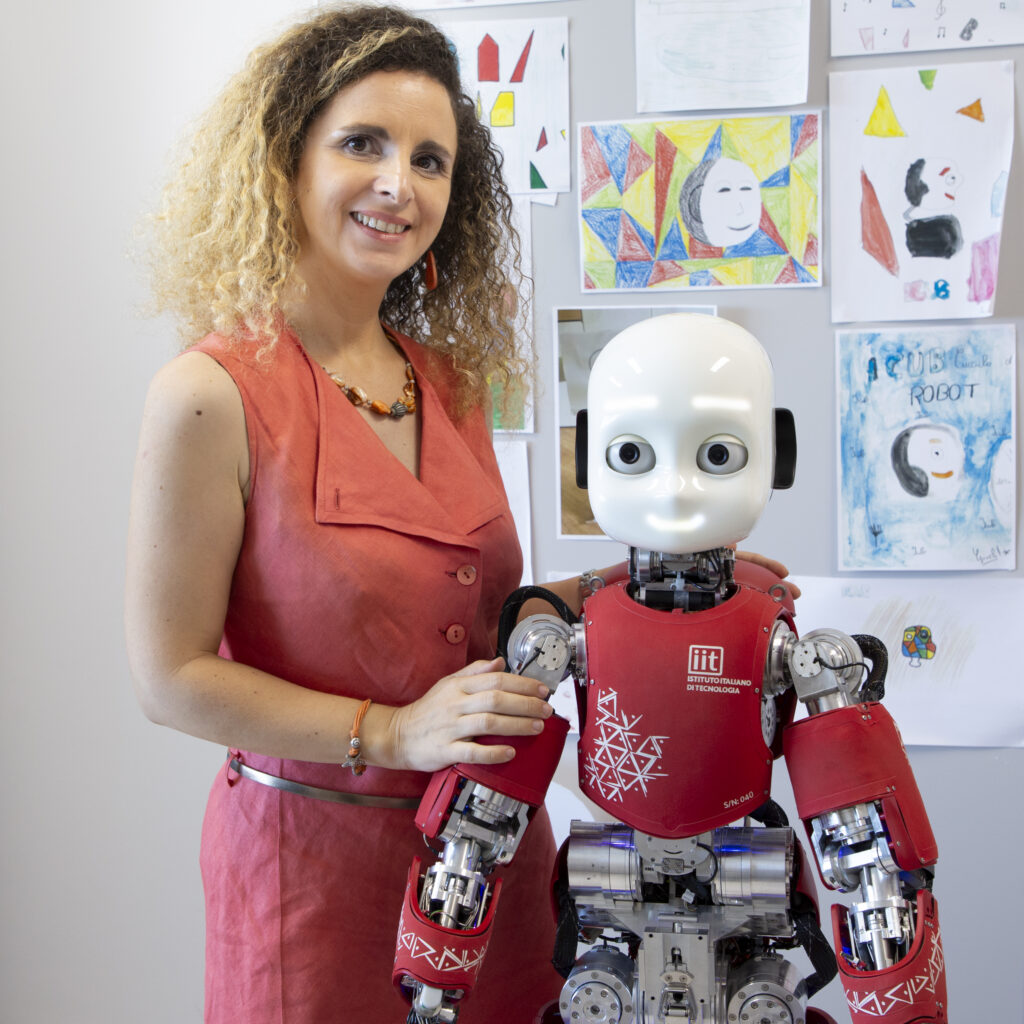
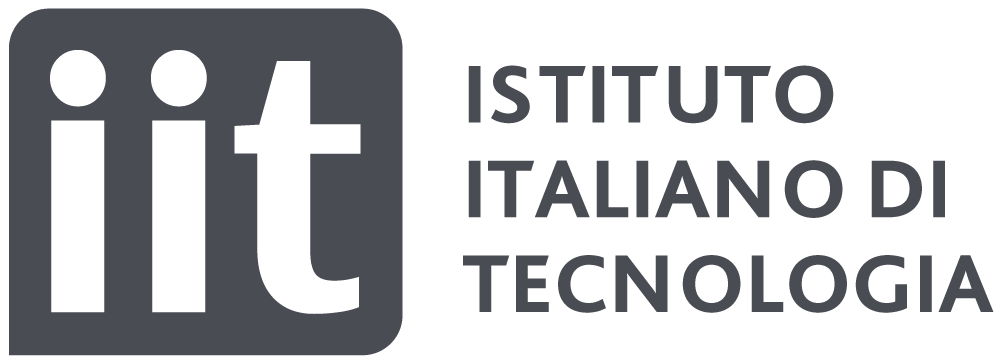
Alessandra Sciutti
Tenure Track Researcher, Head of Unit | Istituto Italiano di Tecnologia (IIT)
Alessandra Sciutti is Tenure Track Researcher, head of the CONTACT (COgNiTive Architecture for Collaborative Technologies) Unit of the Italian Institute of Technology (IIT). She received her B.S and M.S. degrees in Bioengineering and the Ph.D. in Humanoid Technologies from the University of Genova in 2010. After two research periods in USA and Japan, in 2018 she has been awarded the ERC Starting Grant wHiSPER (www.whisperproject.eu), focused on the investigation of joint perception between humans and robots. She published more than 80 papers and abstracts in international journals and conferences and participated in the coordination of the CODEFROR European IRSES project (https://www.codefror.eu/). She is currently Associate Editor for several journals, among which the International Journal of Social Robotics, the IEEE Transactions on Cognitive and Developmental Systems and Cognitive System Research. The scientific aim of her research is to investigate the sensory and motor mechanisms underlying mutual understanding in human-human and human-robot interaction.


Moritz Tenorth
CTO | Magazino GmbH
Moritz Tenorth currently is CTO at Magazino. After spending several years in robotics research, he previously worked as robotics consultant for Siemens Novel Businesses. During his research at TU München, the CMU Robotics Institute in Pittsburgh, the ATR in Kyoto, and the University of Bremen, he investigated how autonomous manipulation robots can be equipped with Artificial Intelligence methods, in particular knowledge representation and reasoning capabilities. He published more than 50 articles and conference papers in robotics and AI. Moritz Tenorth obtained a diploma in Electrical Engineering from RWTH Aachen University and a PhD in Computer Science from TU Munich.
Equality and Ethics Committee


Jordi Vallverdú
Professor Agregat | ICREA – UAB
Jordi Vallverdú B. Phil, B. Mus, M.Sci, Ph.D. is an ICREA Academia researcher (Causality and Deep Learning) and Professor at UAB about cognitive and epistemic aspects of the Philosophy of Computing, Philosophy of Sciences, Cognition, Ethics, and Philosophy of AI. He has enjoyed research stays at Glaxo-Wellcome Institute for the History of Medicine (1997), J.F.K. School – Harvard University (2000), and Nishidalab – Kyoto University (2011, JSPS Grant). In 2019 won the Best presentation award of the HUAWEI Neuro-inspired, cognitive, and unconventional computing workshop, Kazan (Russia). Professor Vallverdú’s research explores two main related areas: epistemology and cognition, with all the related subtopics He has written more than 150 academic documents (19 books, more than 47 chapters, and more than 106 peer-reviewed papers….), and has excellent indexes and ratings in several academic evaluation sites. As professor has 3 massive courses at COURSERA, which sum more than 200.000 enrolled students from all around the world.

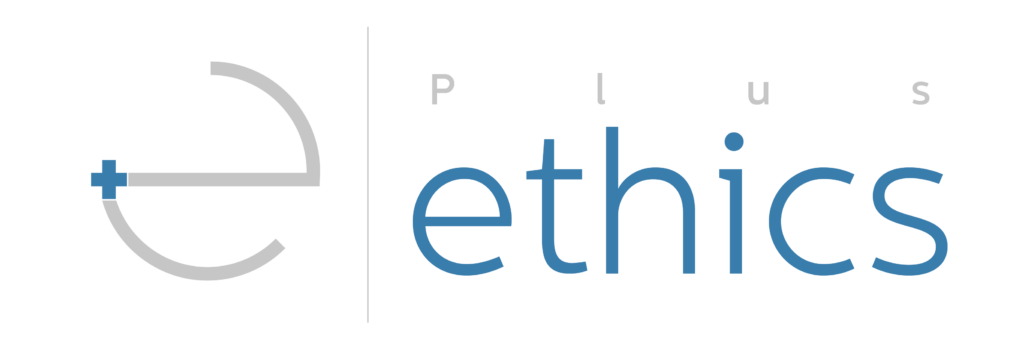
Flavia Roteda Ruffino
Project and Legal Manager | Plus Ethics
Lawyer, Degree and Master in Law and Criminal Compliance. She is currently Legal and Project Manager in an ethics consulting firm for European projects, Plus Ethics; director of a gender consulting start-up, Paradigma Innovation; and part-time lecturer of Criminal Law at Miguel Hernández University of Elche. Her research interests are focused on criminal law, privacy and protection of participants, and gender policies.
Ethics Advisor
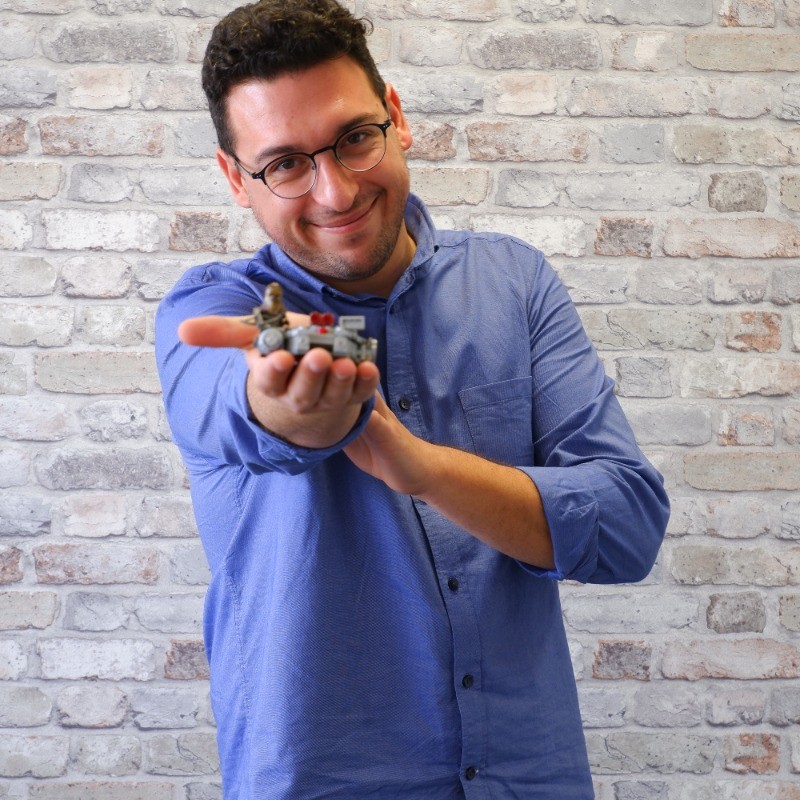

Francisco J. Castro-Toledo
CEO and Co-Founder | Plus Ethics
Francisco Javier Castro-Toledo, CEO and co-founder of Plus Ethics and co-founder/EU Programme Manager at PARADIGMA Innovation, has a diverse educational background with a PhD in Criminology from Universidad Miguel Hernández de Elche and two Masters in Business Administration and Philosophy from UNED. His professional career has been marked by various academic roles at UMH and significant contributions to several European research projects in areas such as research ethics, AI, cybersecurity and public security. Dr Castro-Toledo is recognised for his extensive publications in ethics, social sciences and law, and has received awards for his work. He is also an experienced speaker, frequently presenting at academic conferences and seminars.

Galatea Kapellakou
University of Patras
Galatea KAPELLAKOU is an Adjunct Lecturer at the University of Patras, Department of Computer Engineering & Informatics, where she lectures on Legal aspects of new and emerging Technologies. She has also lectured on the Protection of Personal Data and the Legal framework of the Information Society at the University of Aegean, Department of Information and Communication Systems Engineering. She holds a PhD in Intellectual Property (University of Nantes & Athens); during her thesis she received a scholarship from Max Planck Institute for Innovation and Competition. Additionally, she holds Master’s degrees in Intellectual Property Law and International Sciences. Galatea has completed a publicly funded post-doctoral research project on “Blockchain Technology and Copyright”. Since 2004, she has been practicing as an Attorney at Law and has served as an Expert in various EU-funded projects. Since 2019, she has collaborated with institutions, entities, and companies on HORIZON research projects, providing expertise as an Ethics and Legal Advisor. She has also worked as a Consultant for UNESCO (Paris) in the Cultural Diversity section. Her areas of interest and expertise include Ethics and IP, IT, and Cultural heritage law.



